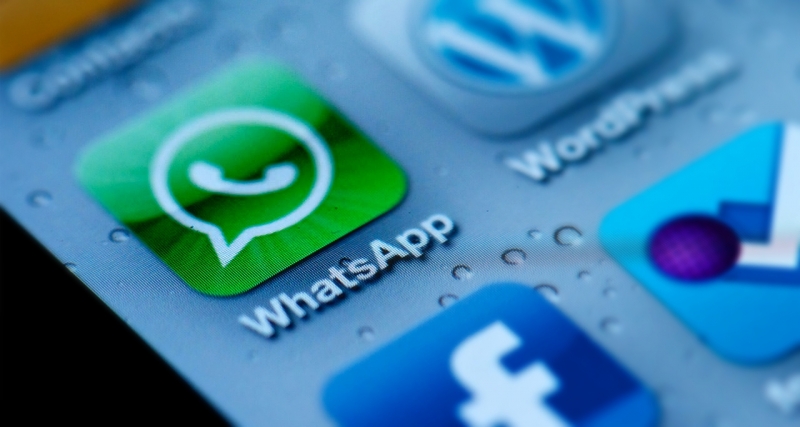Whatsapp founder Jan Koum has announced that the immensely popular messaging app will be dropping its $0.99 yearly subscription fee in the coming weeks. Koum made the announcement at the DLD conference in Germany today. He noted that while a dollar a year may not sound like a lot, requiring a credit card to pay the fee can prove to be a barrier to some people - especially those in developing countries.
"Many WhatsApp users don't have a debit or credit card number and they worried they'd lose access to their friends and family after their first year. So over the next several weeks, we'll remove fees from the different versions of our app and WhatsApp will no longer charge you for our service," Koum said.
Previously, WhatsApp had been free for the first year of use, with the $0.99 charged for every subsequent year of subscription. Those who downloaded the app before 2013 were charged a one-off fee and given free use for life. Going forward, the app won't cost anything, but it's been pointed out that anyone who has already paid their money for the year won't be getting it back.
In addition to scrapping the subscription fee, WhatsApp will be experimenting with a new business model as a way for companies to connect to their customers using the app. This method will allow the messaging service to generate revenue without resorting to much-hated ads and spam. But Koum did point out that the company has yet to write a single line of code to incorporate this B2C business into the app.
Naturally, people might wonder how we plan to keep WhatsApp running without subscription fees and if today's announcement means we're introducing third-party ads. The answer is no. Starting this year, we will test tools that allow you to use WhatsApp to communicate with businesses and organizations that you want to hear from. That could mean communicating with your bank about whether a recent transaction was fraudulent, or with an airline about a delayed flight. We all get these messages elsewhere today - through text messages and phone calls - so we want to test new tools to make this easier to do on WhatsApp, while still giving you an experience without third-party ads and spam.
Facebook acquired WhatsApp in February last year for $19 billion dollars, its most expensive buyout to date and the third largest tech acquisition ever, losing out to HP's $33.4 billion acquisition of Compaq and Dell's $67 billion purchase of EMC. In September last year, the messenger starting challenging its parent company in terms of popularity , as WhatsApp reached 900 million active monthly users after 100 million new people signed up to the service over the previous five months.
